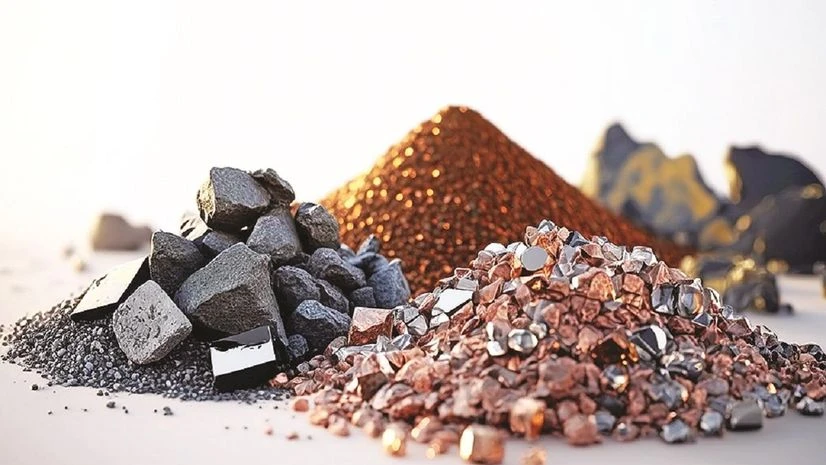The Centre intends to wrap up the first phase of the critical minerals auction, which commenced in November last year, with the selection of the preferred bidders by April 8, officials said.
During the launch of the auction process, the Centre had initially announced March 19 as the commencement date for selecting the preferred bidders and April 8 as the deadline. However, due to the cancellation of 13 critical minerals blocks in the first round of the auction, the Centre is yet to announce the results for any block.
“The deadline was missed due to the limited interest in the 13 blocks, resulting in their eventual cancellation. However, the selection process for the remaining blocks will still be completed within the specified deadline,” a government official said.
On March 13, the government announced the cancellation of 13 blocks, with 2 blocks receiving no bids and 11 blocks having fewer than three Technically Qualified Bidders (TQB). The two blocks that did not attract any bids are molybdenum minerals in Tamil Nadu.
The maiden auction of critical minerals by the Centre has faced a setback with close to seven blocks, including the lithium block in Jammu & Kashmir (J&K), finding almost no takers, Business Standard recently reported.
A total of 56 physical bids and 56 online bids were received for 18 out of the 20 blocks, a Ministry of Mines statement said.
According to the Mineral (Auction) Rules, 2015, if the total number of technically qualified bidders is less than three, then no technically qualified bidder is considered a qualified bidder, and the first attempt of the auction is annulled.
More From This Section
Since the ministry failed to secure a minimum of three bids for these blocks, it announced a second auction round for seven blocks on March 14.
During the launch of the auction process on November 29, Union Mines Minister Pralhad Joshi expressed confidence that India would achieve self-sufficiency in critical minerals. He estimated the value of these blocks at Rs 45,000 crore.
However, experts expressed scepticism regarding India's ability to achieve its ambitious target for self-sufficiency in critical minerals. This is due to a lack of clarity on the potential data of the reserves.
According to the United Nations Framework for Classification of Resources, the exploration of minerals is divided into four stages — G4 (reconnaissance), G3 (prospecting), G2 (general exploration), and G1 (detailed exploration).
The G4 stage entails estimating quantity with grade through regional assessments and limited subsurface sampling, resulting in low-confidence estimates.
Progressing beyond reconnaissance, the G3 stage maintains low-confidence estimates.
The G2 stage indicates a more comprehensive assessment with a moderate level of confidence in estimating quantity with grade.
At the G1 level, the most advanced stage, high-confidence estimates are derived from in-depth investigations, extensive sampling, and direct analysis.
In addition to the lack of clarity on reserves, the high cost of investment in exploration has deterred potential investors from participating in the bidding process.
This setback raises concerns about India's ability to reduce its reliance on critical mineral imports. Most of these minerals are imported from China, which is the leader in global production and supply of these resources.
With investors failing to bid, experts suggest that India will continue to rely on China for securing its raw materials.
The Centre has initiated the auction of 38 critical & strategic minerals to date. The initial tranche included 20 blocks, while the subsequent tranche consisted of 18 blocks.

)
